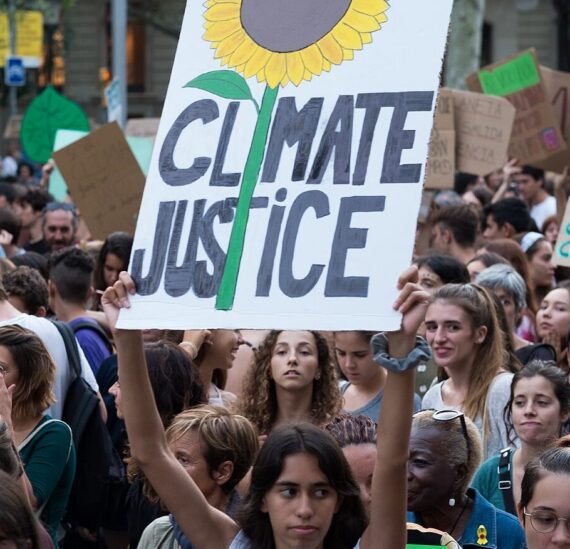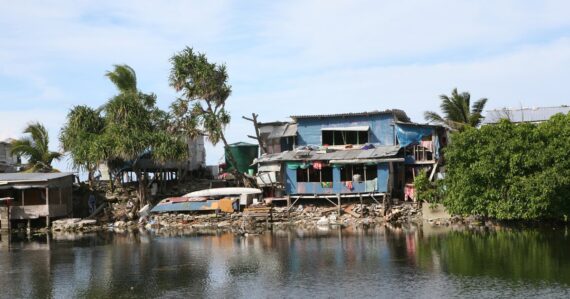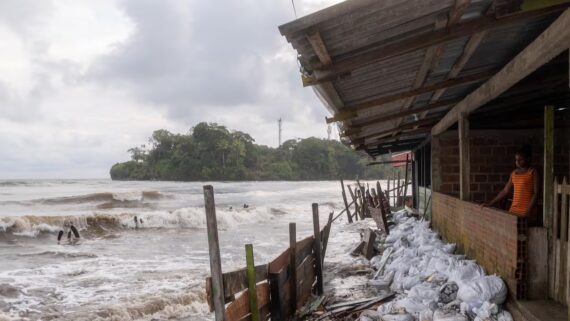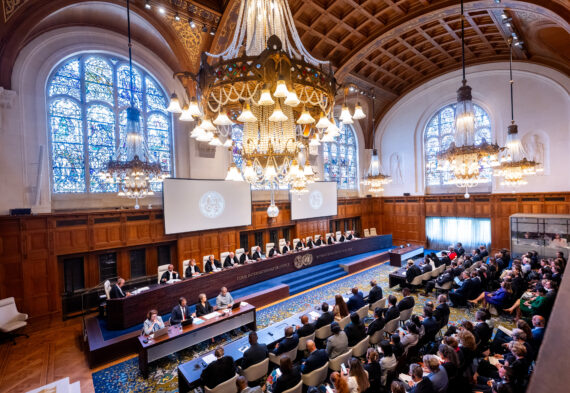Climate change presents one of the most disruptive challenges for contemporary legal systems. One aspect of climate change as a legal problem that is especially disruptive concerns the determination and extent of the duties of governments to address its causes and consequences. In this post, I analyze landmark climate litigation […]
Blog Series
As the climate crisis accelerates, it has become increasingly clear that its consequences are not distributed equally. Marginalized and vulnerable communities, particularly Indigenous peoples, low-income nations, and small island states are disproportionately affected despite contributing the least to climate degradation. This disparity has spurred calls for climate reparations: a framework […]
The reality of L&D is increasingly being recognized in international climate negotiations, academic discourses, and policymaking. Although mitigation strategies and adaptation efforts are being implemented on various scales and in diverse forms around the world, the devastating impacts of the warming climate are already being experienced by numerous communities. Unfortunately, […]
Climate change is a common concern for humankind. The physical changes in the climate system have devastating impacts on human and natural ecosystems—for example, loss of ecosystems, forced human mobility and displacement, etc. While everyone is impacted to some extent, those living in the Least Developed Countries (LDCs) or Small Island […]
On January 9, 2023, Chile and Colombia requested an advisory opinion from the Inter-American Court of Human Rights (IACtHR) regarding the human rights obligations of States in the context of climate change. In response to the Court’s request for amici curiae briefs, three academic researchers and I, on behalf of […]
Contemporary debates on reparations and climate justice often remain siloed, addressing either historical injustices such as slavery and genocide or emerging crises like climate-induced displacement, food and water insecurity, and disproportionate exposure of marginalised communities to extreme weather events. Against this siloing, we advocate for a framework that enables a […]
As climate change effects are revealing themselves at a rampant pace, there is no denying that mitigation commitments and adaptation policies are insufficient. Consequently, loss and damage is gaining traction in the climate governance agenda, but this complex notion is still in the process of being outlined. One particularly challenging […]
According to the Intergovernmental Panel on Climate Change (IPCC), Africa has the lowest per capita greenhouse gas (GHG) emissions of any region in the world but is already facing widespread and devastating climate impacts. Despite contributing so little and suffering so much, the continent receives only a very small proportion […]








